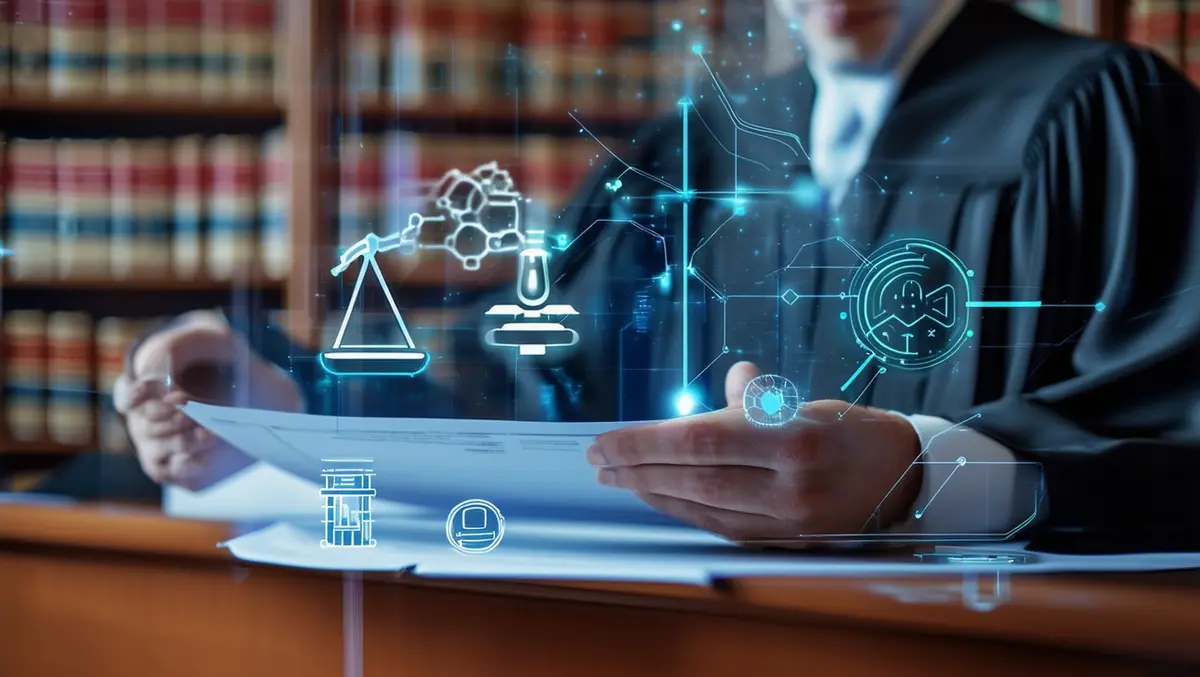
California judge partially dismisses claims against Microsoft & OpenAI
A judge in California has partially dismissed claims against Microsoft and OpenAI concerning the alleged unauthorised use of intellectual property (IP) to train GitHub Co-pilot. The decision has brought into focus the complexities and challenges surrounding the use of open-source software in the development of artificial intelligence (AI) models.
The case hinged on whether the technologies employed by Microsoft and OpenAI had used protected code in ways that violated IP regulations. Specifically, the plaintiffs argued that GitHub Co-pilot, an AI tool designed to assist in coding, had utilised open-source software without adhering to the necessary licensing agreements. However, the court found that the claim regarding unauthorised IP use could not be upheld due to a failure to meet the identity requirement. Nonetheless, the judge maintained certain contract claims, suggesting that while some issues may not hold legal water in this instance, they might be significant in future litigation.
In light of the ruling, Amanda Brock, CEO of OpenUK, provided her insights into the potential broader implications of open-source software licencing. She remarked, "We are at a pivotal point in AI where policymakers, legislators, and courts are asked to make decisions about usage of content, including code, on open-source software licenses." Brock emphasised the necessity for models to access data to train while respecting existing licenses.
She further noted, "The US judge has not upheld the copyright claim saying that the requirement of identity was not proven; he does not say that this might not be proven in another case - the contract claims have been upheld." According to Brock, this decision represents a significant juncture for open-source software licensing, with potential reverberations that could influence legal approaches in various jurisdictions worldwide.
The ruling underscores the ongoing debate within the tech community and legal spheres on how to balance innovation in AI with the protection of copyrighted materials, especially those spread under open-source licenses. Aware of the intricacies of the case, stakeholders are closely watching how such legal interpretations will shape future AI development practises.
Microsoft and OpenAI faced scrutiny as their AI training methods involved vast amounts of publicly available coding data. The AI model's ability to assist with software development by auto-completing lines of code based on context raised concerns about whether it infringed on original code contributors' intellectual property rights. The legal contention lies in the fine line between using open-source data to develop powerful tools and potentially misusing that data without proper attribution or adherence to licensing terms.
As AI continues its rapid development and integration into varied sectors, ensuring that the foundational principles of open-source software—principles rooted in sharing and collaboration—are upheld remains a critical issue. Legal decisions like the one in California are pivotal in defining the parameters within which tech companies can operate.
The judge's partial dismissal does not signify an end to the legal challenges that might arise concerning the use of open-source software in AI developments. Instead, it highlights the necessity for clear, consistent legal frameworks to manage the intersection of innovation and intellectual property rights effectively.


